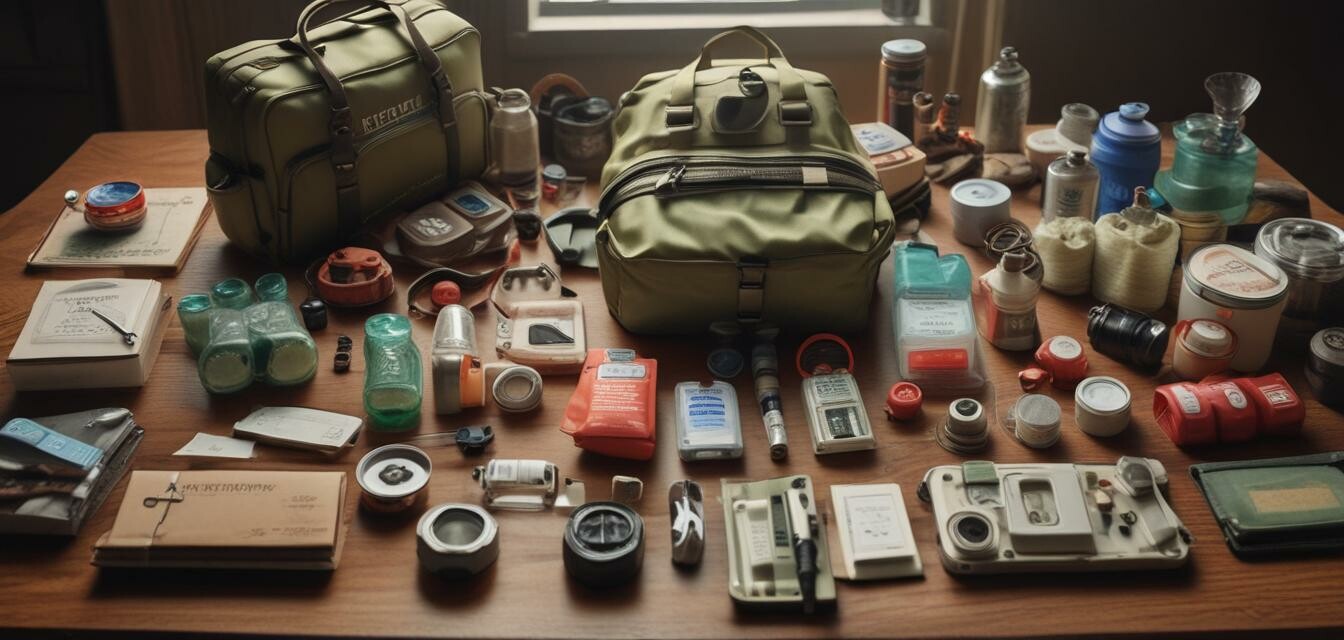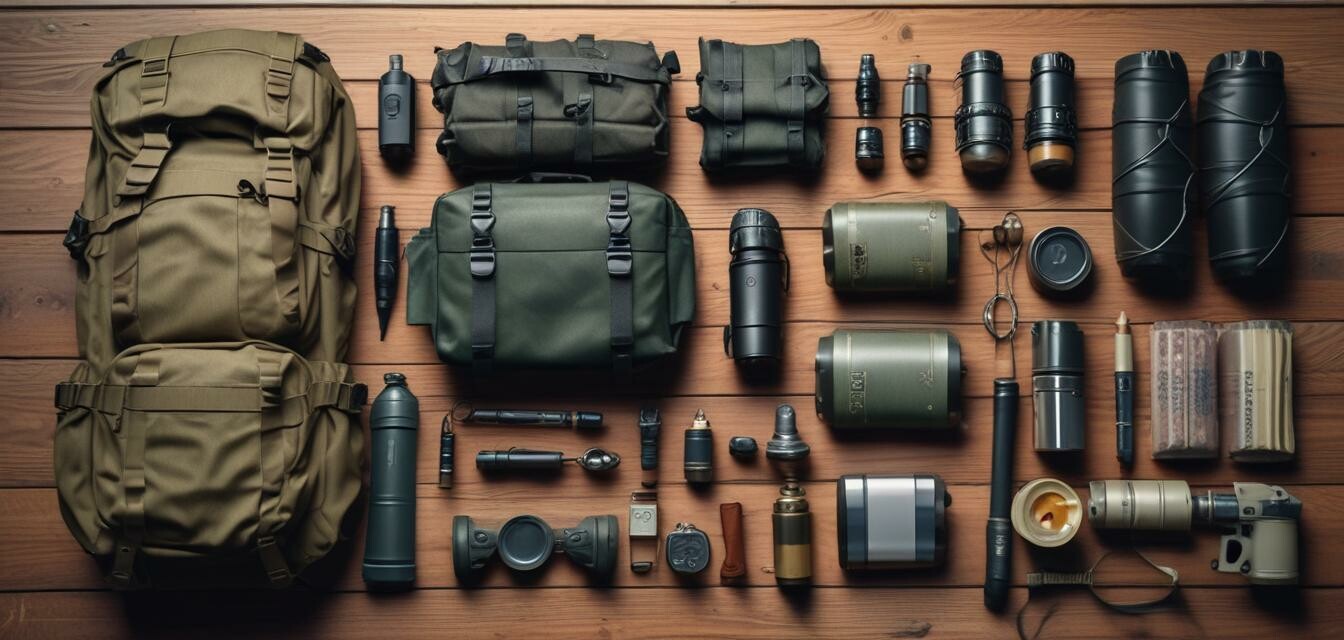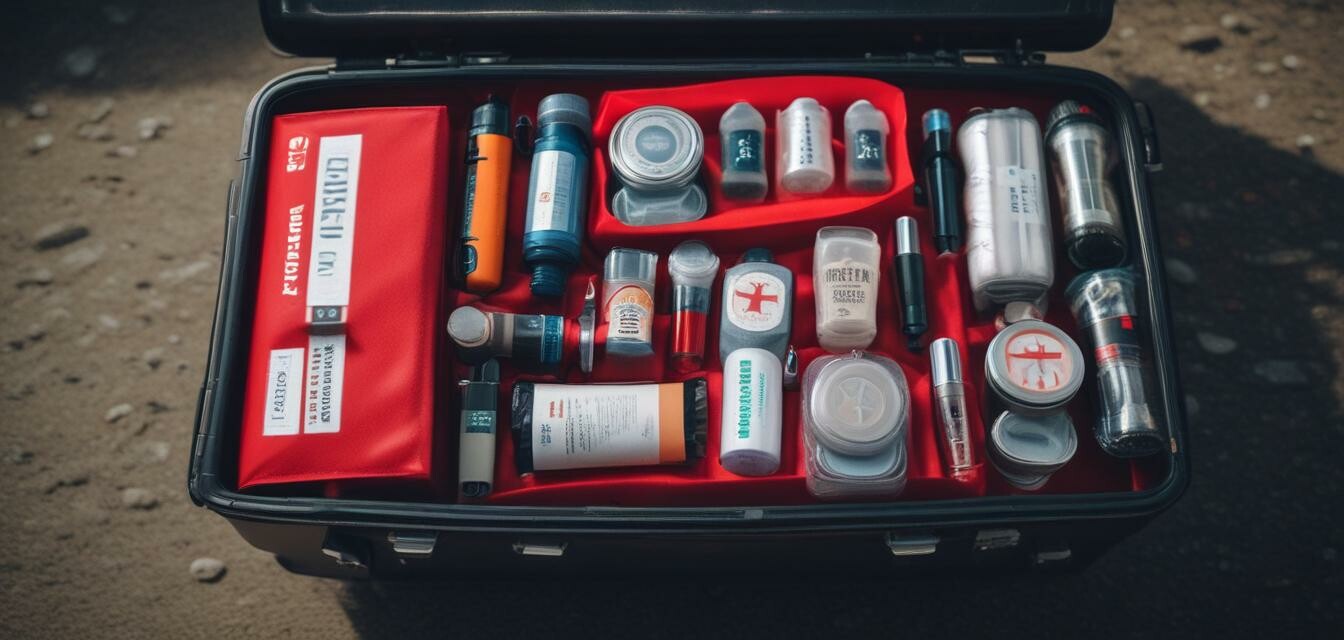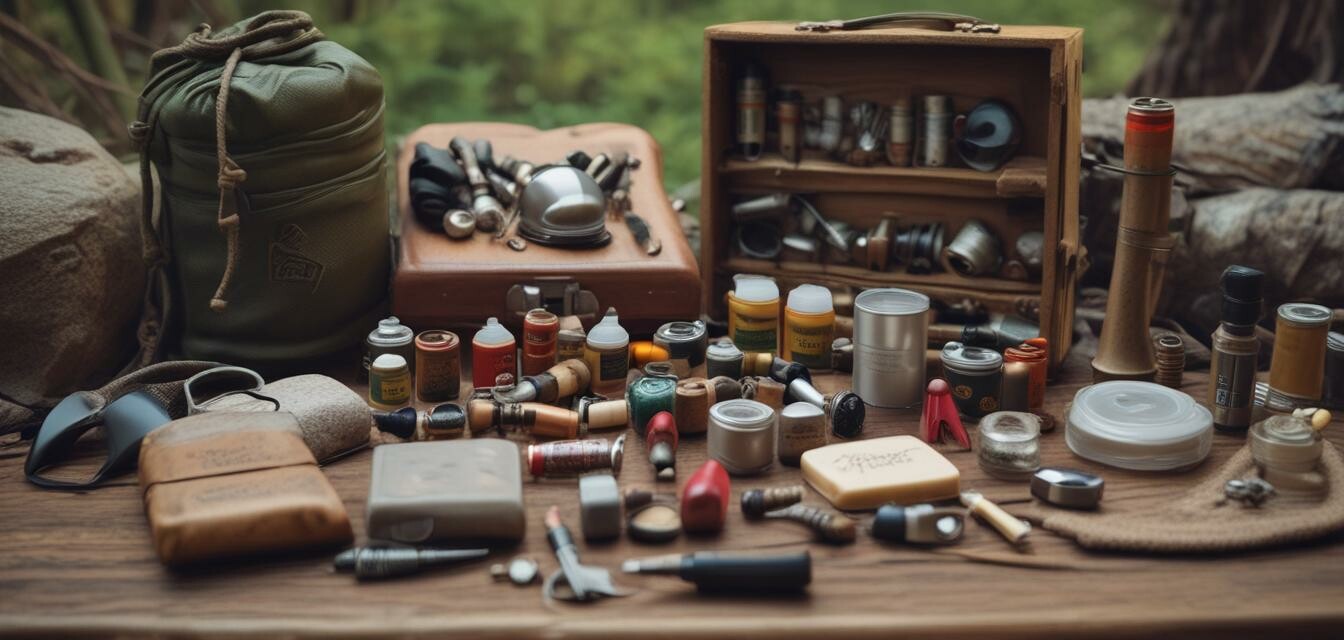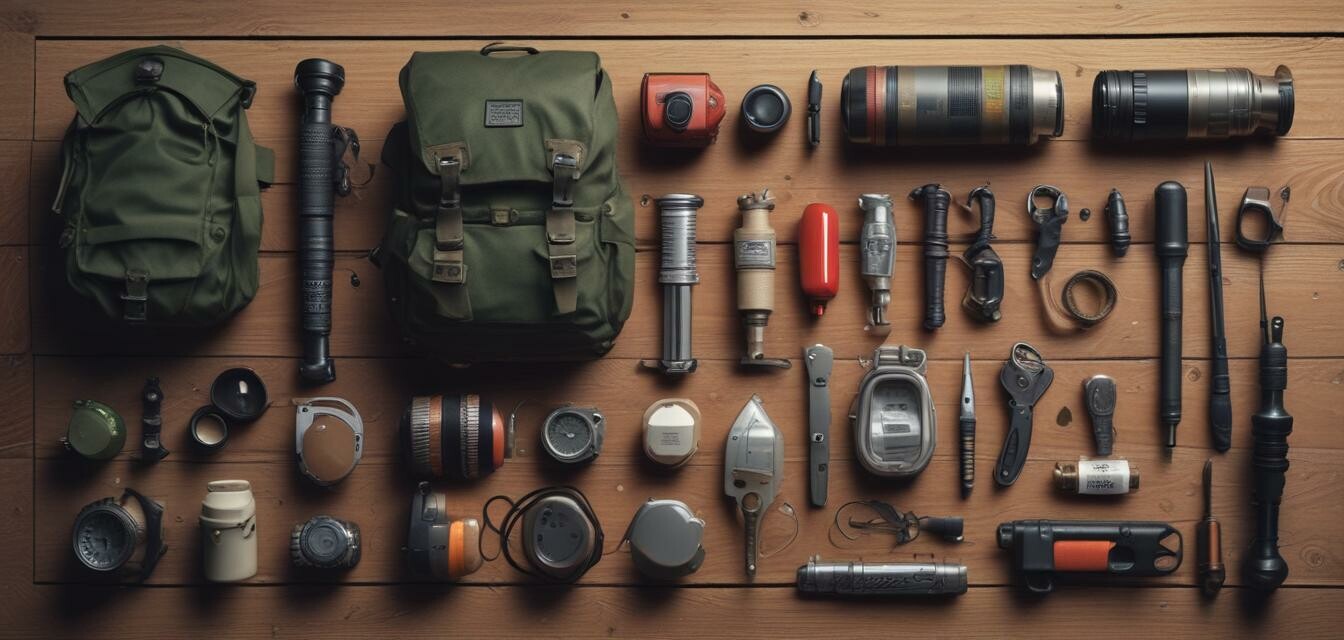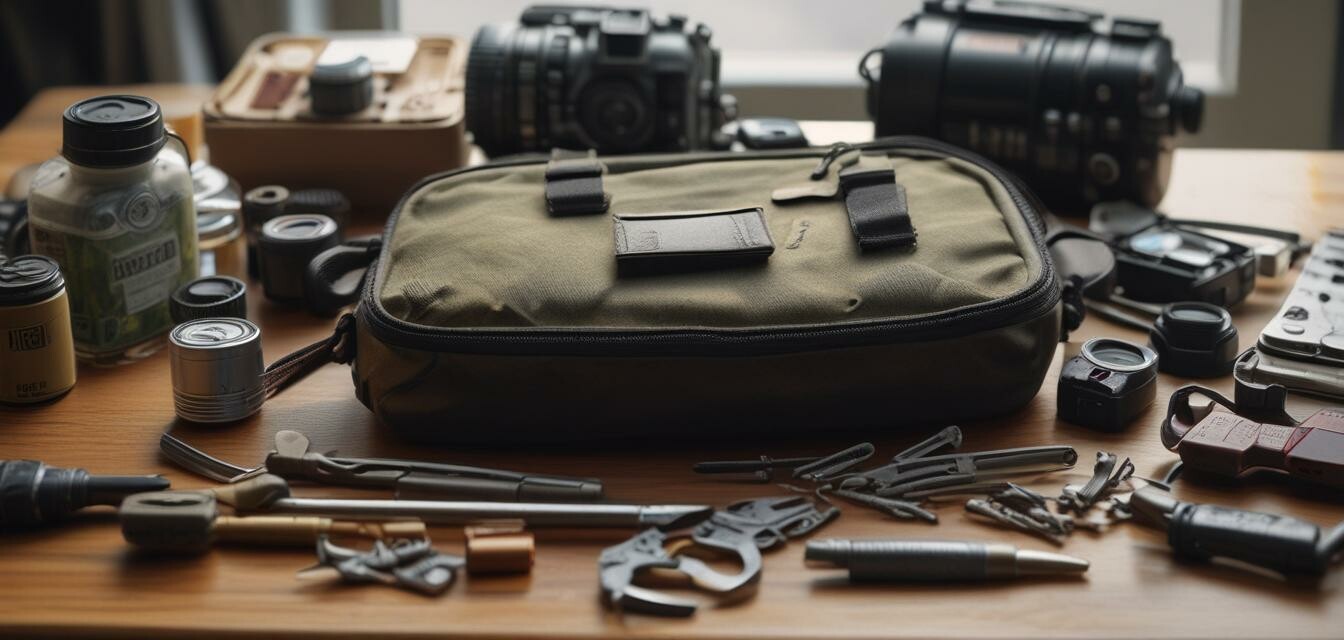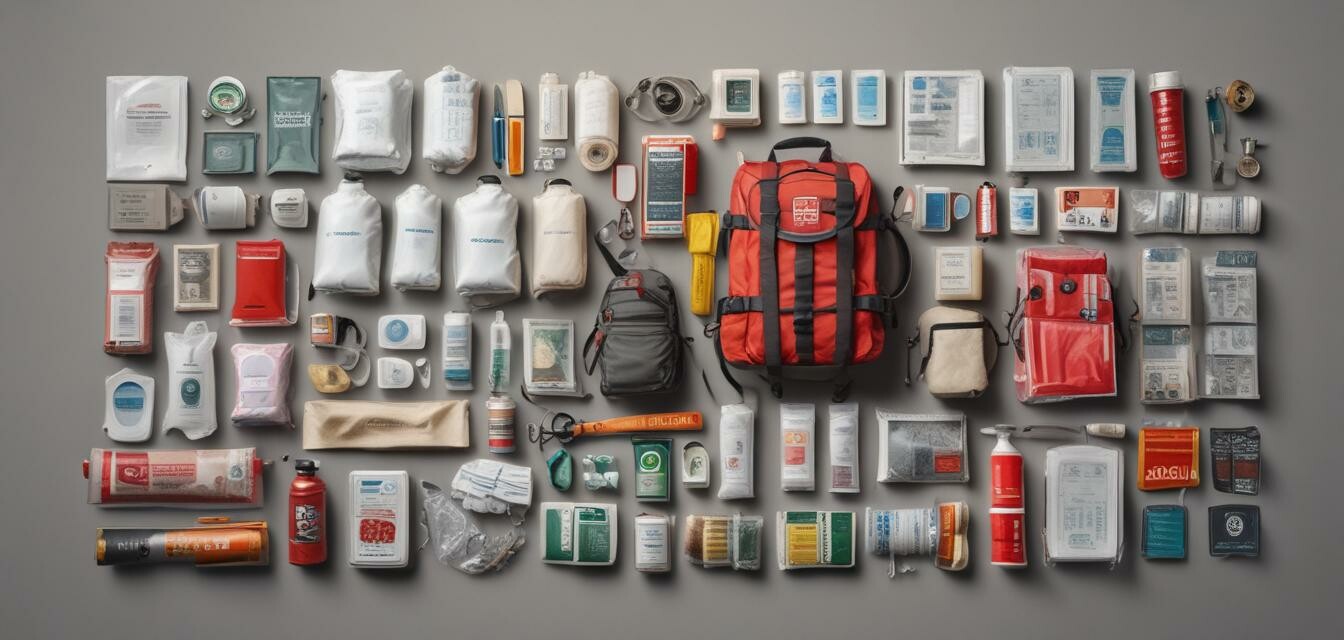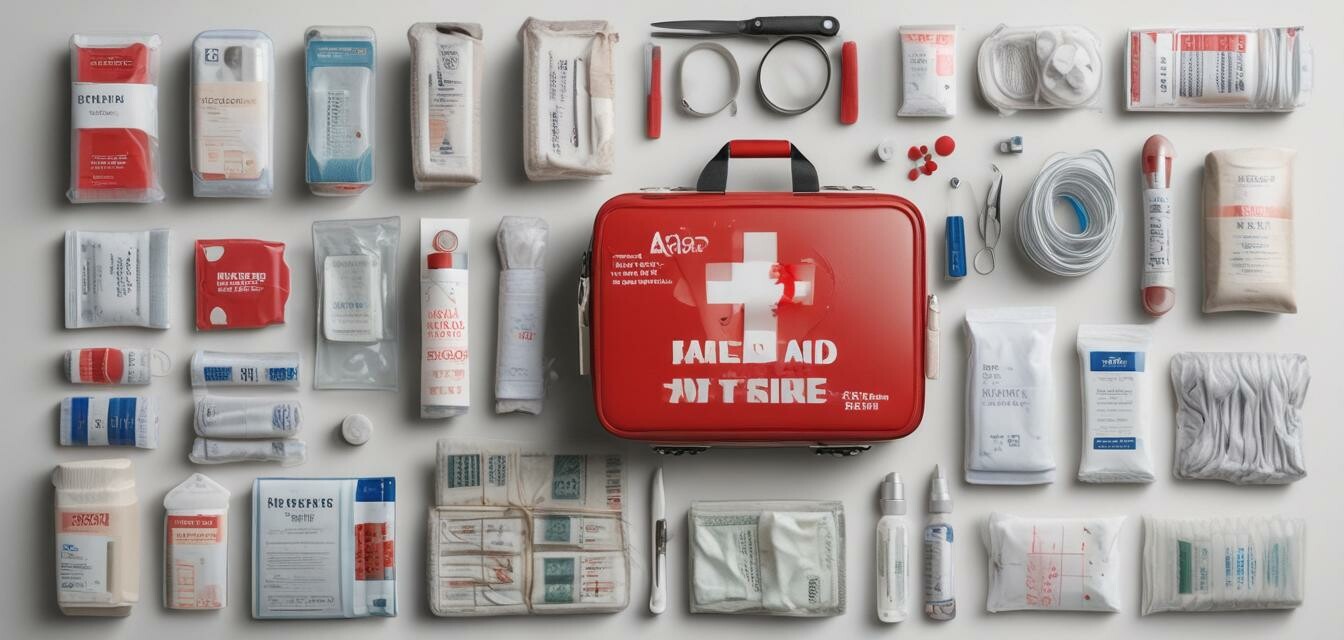
First Aid Kits
Key takeaways
- A first aid kit is an essential tool for treating minor injuries and emergencies.
- Kits vary in content and size, suitable for different situations like home, travel, or outdoor activities.
- Regularly check and replenish your first aid kit to ensure it’s ready when needed.
- Familiarize yourself with the contents of your kit and basic first aid techniques.
First aid kits are a crucial aspect of preparedness in any environment, whether at home, in your car, or during outdoor adventures. In this comprehensive guide, we'll explore the different types of first aid kits, essential supplies, and tips for creating a personalized kit that meets your needs.
What is a first aid kit?
A first aid kit is a collection of supplies and equipment that is used to provide medical treatment in emergencies. It can include items for treating minor injuries, managing chronic health conditions, and responding to unexpected medical situations.
Why is a first aid kit important?
Being prepared with a well-stocked first aid kit can make the difference in a crisis. Here are some reasons why having one is essential:
- Quick response to injuries
- Prevention of complications
- Peace of mind
- Ability to handle emergencies while waiting for professional help
Types of first aid kits
First aid kits come in various types, designed to cater to different situations:
| Type of Kit | Description | Best For |
|---|---|---|
| Home Kit | A comprehensive kit with supplies for common household injuries. | Use at home for family members. |
| Travel Kit | A compact kit that includes essentials for minor injuries on the go. | Going on trips or vacations. |
| Outdoor Kit | Includes specialized tools and supplies for wilderness emergencies. | Camping, hiking, or outdoor adventures. |
| Vehicle Kit | A kit designed to fit in your car, equipped for roadside emergencies. | Traveling in vehicles. |
Essential supplies for a first aid kit
A well-stocked first aid kit should contain a variety of supplies to handle different injuries and emergencies. Here’s a list of essential items:
- Adhesive bandages
- Antiseptic wipes
- Adhesive tape
- Sterile gauze pads
- Scissors and tweezers
- Disposable gloves
- Pain relievers (e.g. ibuprofen, acetaminophen)
- Burn cream or gel
- Instant cold packs
- Cotton balls and swabs
- Rescue breathing mask
How to create your own first aid kit
While pre-packaged kits are available, creating a customized first aid kit can be beneficial. Here are steps to guide you:
- Choose the right container – Look for a durable and portable box or bag.
- Gather necessary supplies – Refer to the essential items list above.
- Include personal medications – Add any medications that family members may need.
- Label items – Clearly label contents for quick access during emergencies.
- Store it in an accessible location – Ensure that your family knows where it’s located.
Storing and maintaining your first aid kit
Regular maintenance ensures that your first aid kit is effective when needed. Here are some tips:
- Check contents every six months.
- Replace expired medications and supplies.
- Replenish used items immediately after use.
- Keep it in a cool, dry place to prevent deterioration.
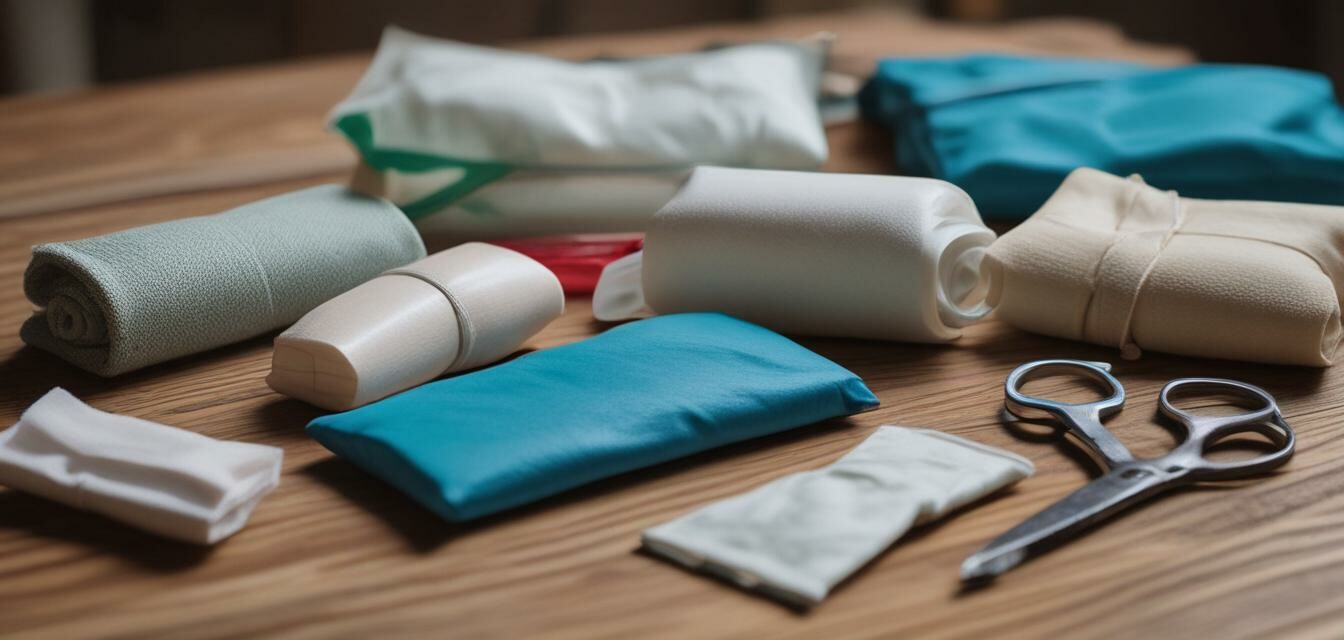
First aid kit for specific needs
Some individuals may require specific items in their first aid kits depending on their lifestyle or health conditions:
For families with children
- Child-specific medication
- Burn ointments suitable for sensitive skin
- Fever reducers
For outdoor enthusiasts
- Snake bite kit
- Insect bite relief
- Hydration and electrolytes
For travelers
- Traveler's diarrhea medication
- Water purification tablets
- Basic antihistamines for allergies
Utilizing your first aid kit
Familiarizing yourself with how to use the items in your first aid kit is crucial. Consider taking a first aid and CPR course to enhance your skills.
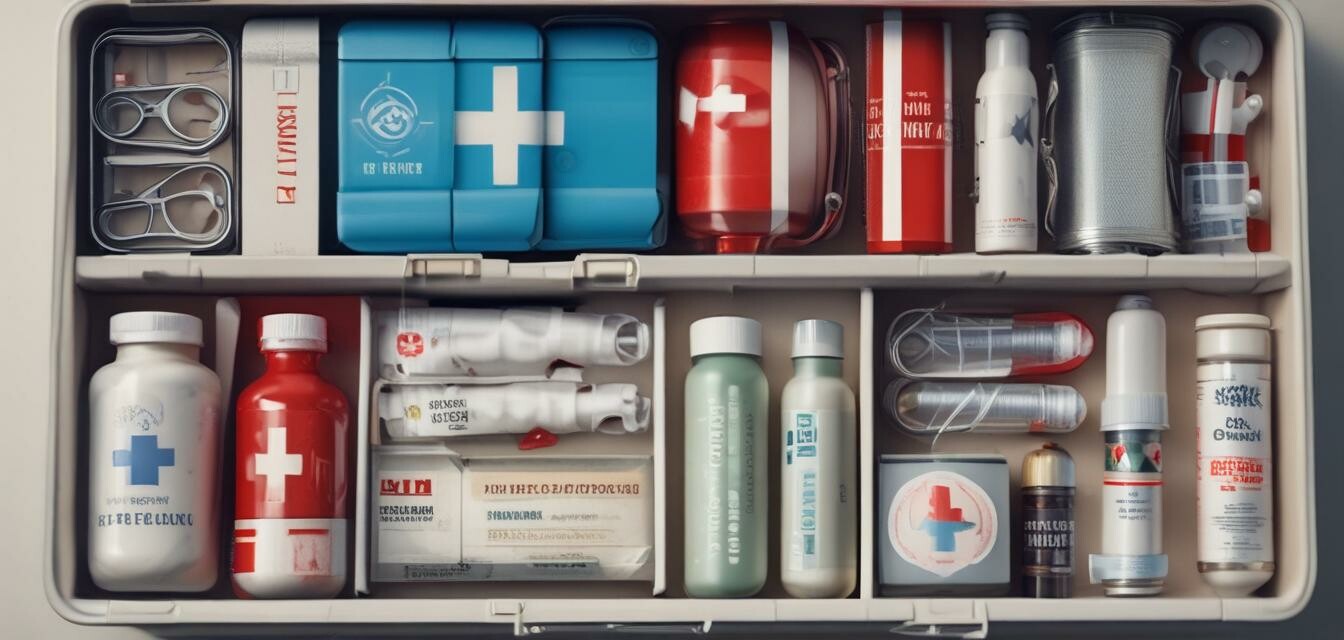
Frequently asked questions (FAQs)
Here are some common questions about first aid kits:
Pros
- Provides essential supplies for emergencies.
- Can save lives in critical situations.
- Easily portable and customizable.
Cons
- Can become outdated if not regularly checked.
- Wrong supplies can lead to ineffective treatment.
- May not be comprehensive enough for specialized needs.
Conclusion
Having a first aid kit is essential for readiness during emergencies, ensuring the safety and well-being of you and your loved ones. By understanding the types of kits available, selecting essential supplies, and maintaining your kit, you can ensure you are prepared for any situation.
For more information on how to set up various survival kits, explore our categories on emergency food supplies, navigation and communication devices, and water filtration systems.

